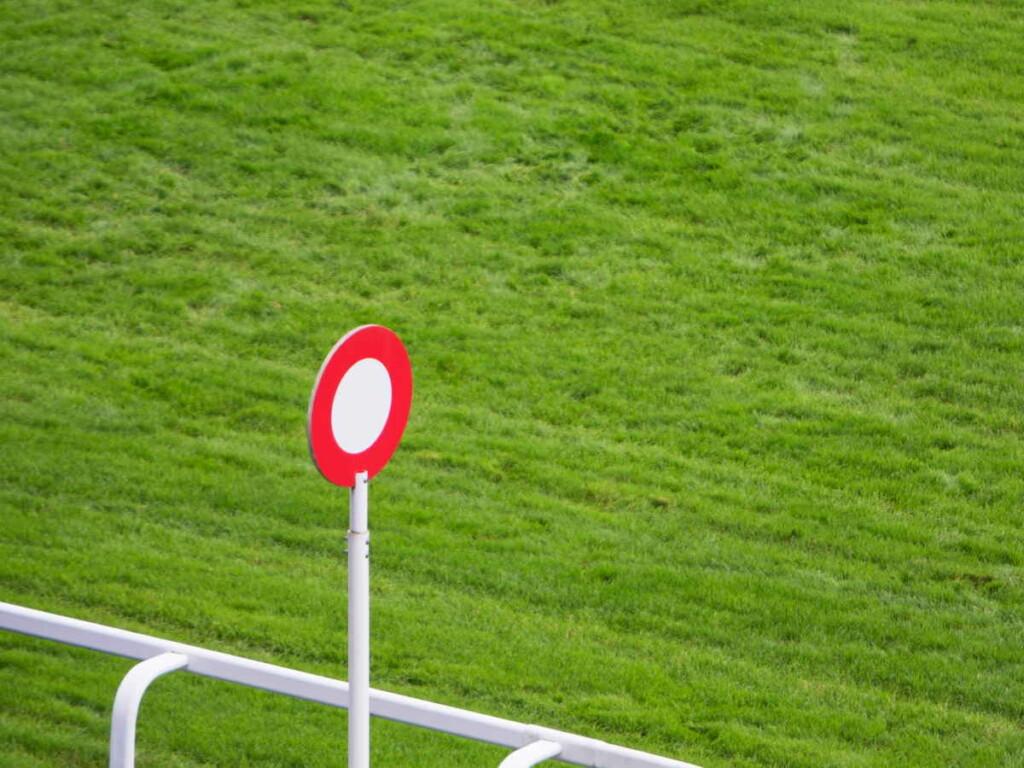Find out what fractional odds are, how they work and when and why you should use them when betting on sports.
What are fractional odds?
Fractional odds are odds expressed as fractions that specify the total amount you’ll win if you win a bet, relative to the stake you placed.
If the fractional odds for a selection are 4/1 and you place £1 on a bet, you’ll be paid out £5 if you win. This is the £1 you staked plus winnings of £4.
Fractional odds are the format most widely used by bookmakers in the United Kingdom and Ireland. They may be expressed in different ways. For example, odds of four to one may be expressed in the following ways:
The format that uses the forward slash is the most widely used in the betting industry. Note that decimal odds, which express odds as decimal values instead of using fractions, include your stake in the returns they specify. So if you’re new to sports betting, don’t make the mistake of assuming that decimal odds offer higher payouts than equivalent fractional odds, which don’t include your stake.
How fractional odds work
To calculate the profit you’ll make on a winning bet, all you need to do is multiply your stake by the odds. The resulting number doesn’t include your stake, although this will be refunded along with your profits if you win a bet. You can calculate the total return from a fractional odds bet using this formula: Stake x Fractional odds = Winnings
Examples
Example 1: Say you bet £100 on Manchester City winning the League Cup, at fractional odds of 4/1. If your bet wins, you’ll make a profit of 100 x 4/1, which equals £400. The total amount you’ll be paid out is this profit plus your stake of £100, giving a total return of £500.
Example 2: You place a bet that’s not a nice round figure, at odds that aren’t quite so easy to multiply in your head. You bet £18 on a horse placing in the top three in a Newmarket race, at fractional odds of 9/5. If your bet wins, you’ll make a profit of 18 x 9/5. This equals £32.40. The total amount you’ll be paid out is £32.40 plus your stake of £18, giving a total return of £50.40.
Don’t worry if you don’t have a calculator on hand – when you place a bet, your betting slip will tell you what you stand to win.
Why use fractional odds?
Fractional odds are the most widely used type of odds in England and Ireland, and are frequently quoted by tipsters and the press. Getting used to odds in this format may make it easier to understand advice and feedback you get from industry experts.
How fractional odds are set
Like other odds, fractional odds aren’t pure expressions of probability because they also include adjustments that bookmakers make to ensure that they make a profit.
However, fractional odds are close to the correct mathematical expressions of relative probability. They express probability as a ratio of the chances of an outcome not occurring to the chances that the outcome will occur. For more information, see how odds are set.
Bet in fractional odds at William Hill

















